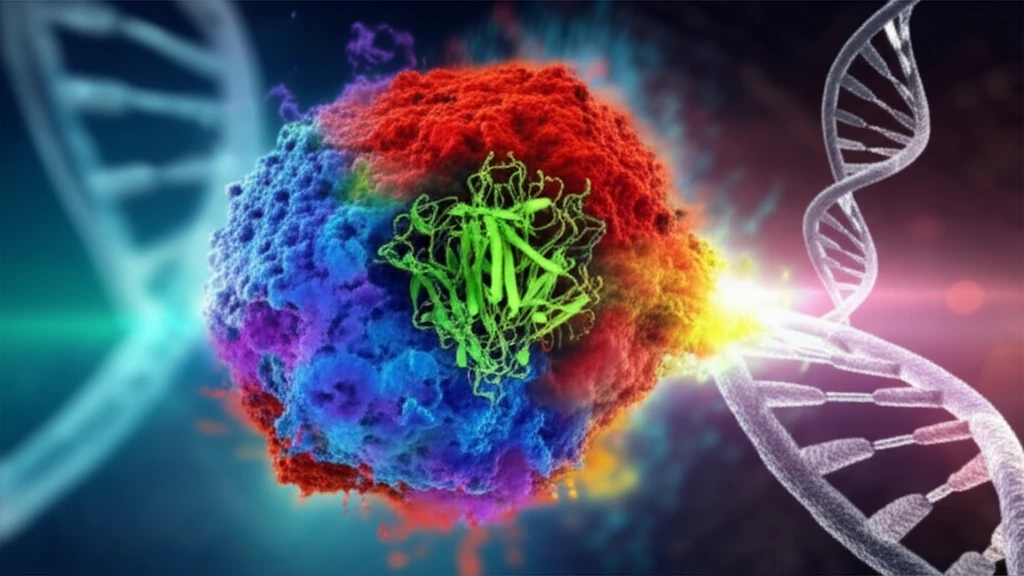
Decoding UBR5: How This Protein Could Be a Game-Changer in Colorectal Cancer Treatment
"Scientists uncover a new role for UBR5 in colorectal cancer, offering hope for more effective therapies."
Colorectal cancer (CRC) remains a significant global health challenge, ranking as the third most common cancer worldwide. While treatments have advanced, the rate of recurrence and metastasis keeps outcomes unsatisfactory. This reality fuels the urgent need to unravel the molecular mechanisms driving CRC, paving the way for more effective therapies.
In a recent study published in Digestive Diseases and Sciences, researchers delved into the role of UBR5, a protein known as ubiquitin protein ligase E3 component n-recognin 5. UBR5 is involved in various cellular processes, and its abnormal expression has been linked to several types of cancer. However, its specific role in colorectal cancer has remained largely unknown—until now.
The study reveals that UBR5 is overexpressed in CRC tissues and is associated with cancer progression and poor survival rates. Further investigation showed UBR5 destabilizes ECRG4, a tumor suppressor, promoting cancer cell proliferation and inhibiting apoptosis. These findings highlight UBR5 as a potential therapeutic target for CRC patients.
What is UBR5 and Why Does it Matter in Colorectal Cancer?

UBR5, or Ubiquitin protein ligase E3 component n-recognin 5, is a protein that functions as an E3 ubiquitin ligase. This means it plays a critical role in the ubiquitin-proteasome system (UPS), which is responsible for regulating protein turnover in cells. By attaching ubiquitin molecules to target proteins, UBR5 marks them for degradation, influencing various cellular processes, including metabolism, transcription, and apoptosis.
- RT-PCR and Western Blot Analysis: Used to measure UBR5 expression in CRC tissues and corresponding non-tumor tissues.
- Immunohistochemistry: UBR5 expression in CRC tissues was determined by scoring system of immunohistochemical analysis.
- Statistical Analysis: Associations of UBR5 expression with survival rate of patients were evaluated using statistical methods.
- Cellular Experiments: UBR5 gene was overexpressed or silenced with lentiviral vectors in CRC cells, and cell proliferation and apoptosis were measured using CCK8 assay and flow cytometry.
The Future of CRC Treatment: Targeting UBR5
This groundbreaking study identifies a tumorigenic role for UBR5 in CRC, providing a novel therapeutic target for CRC patients. By understanding how UBR5 contributes to cancer progression, researchers can develop targeted therapies to inhibit its activity, potentially leading to more effective treatments and improved outcomes for those battling this disease. Further research and clinical trials are crucial to translating these findings into tangible benefits for patients, offering new hope in the fight against colorectal cancer.
